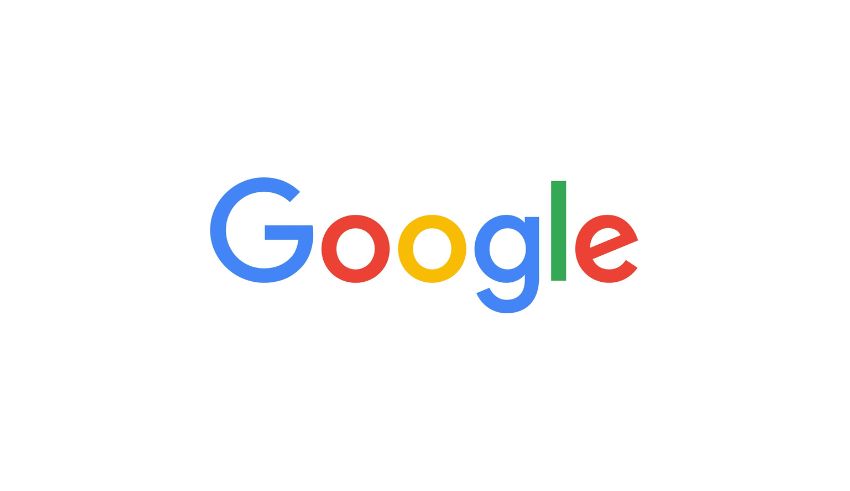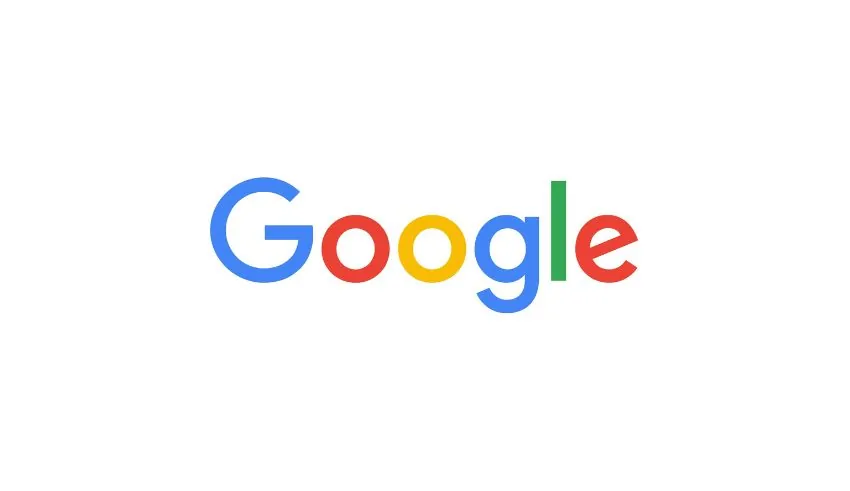

(C) Google
Reopening a lawsuit against Google initiated by Chrome users claiming that the firm got personal data without permission, a California federal appeals court has greatly advanced digital privacy rights. This decision gives the issue new life since a lower court had earlier turned down it on grounds that Chrome users had approved Google’s privacy policy.
Whether Google overreached itself by aggregating data from Chrome users who did not enable the “Sync” option, which ties browser history across machines to a Google account, is the main topic of debate. The plaintiffs contend that since Google obtained their data even without their will into Sync, Google betrayed their expectations regarding their privacy.
Google’s case mostly revolves on the claim that Chrome users, following their privacy policy, have agreed to data collecting, thereby consenting to it upon program inception. But the appellate court’s decision questions this defense as the lower court made mistakes in its decision at last. The appellate judges underlined that rather than supposing that consumers have the knowledge of a seasoned corporate lawyer able to negotiate difficult legal issues, the case should be judged from the point of view of an ordinary Chrome user.
Ruling Implications: a Road for More Responsibility
More than just a procedural triumph for the plaintiffs, this decision advances internet companies’ accountability for their data rules. The court’s knowledge of the possibility for abuse in the manner user permission is gathered and interpreted is shown by the decision to let the matter move into trial. It emphasizes the need of better, more easily accessible privacy rules that actually alert consumers of what they are subscribing to instead of hiding important information buried in legalese.
Clearly Google disagrees with the decision. In a statement, spokesman Jose Castaneda said he had hope the facts would eventually back up the business. Google argues that whilst offering “clear privacy controls,” Chrome Sync, first launched in 2009, was meant to improve user experience by allowing seamless access to bookmarks, passwords, and tabs across devices.
This instance fits public understanding of digital privacy at an all-time high. More strict privacy regulations reflect customers’ rising mistrust of how digital corporations get, store, and use their data. Should this action against Google be revived, it might set a precedent for how courts treat issues involving user authorization and data collecting methods, therefore defining more exacting privacy rules for the whole computer sector.
I find it amazing that the court stresses on comprehending privacy authorization from the standpoint of an average user. It shows a more general urge for justice and openness in the way permission is gained, therefore guaranteeing that consumers are not unintentionally consenting to rules violating their privacy. This decision could inspire other courts to follow like-minded policies, therefore fostering a more user-centric perspective of privacy regulations.
Last Thought: Tools Empowering Users
In terms of consumer rights in the digital era, the appellate court’s ruling to bring back this action is quite significant. As things are, it might open the path for increased internet company responsibility and generate more robust defense of customer privacy. This decision reminds us that courts are realizing the need of safeguarding people from opaque and maybe exploitative data practices, so changing the balance of power between digital firms and consumers.
This illustration emphasizes the need of being conscious in protecting our privacy while we manage the complexity of modern life. It also emphasizes how the legal system guarantees that businesses like Google follow moral norms respecting consumer expectations and rights, therefore supporting them. Since it addresses the growing demand for responsibility and openness in the treatment of user data, this experiment could have wide ramifications not only for Google but also for the whole digital industry.
Turkish music lovers and the whole entertainment world on Sunday night were put in shock by the unexpected passing of…
The Senior Asian Wrestling Championship 2025 held in Amman closed with an exhilarating finale for India. The freestyle wrestling contingent…
Having been aired in Japan, the second season of Shangri-La Frontier has just been completed, and people are already hashtagging…
OpenAI updated ChatGPT-4o to include its best text-to-image tools so free users can generate Studio Ghibli artwork by giving basic…
The stepping down of Piyush Gupta from the post of CEO of DBS Bank came after 15 years of leading…
The Delhi Directorate of Education releases 2025-26 marks for year-end tests in school levels 6 through 11. Online test data…
This website uses cookies.
Read More